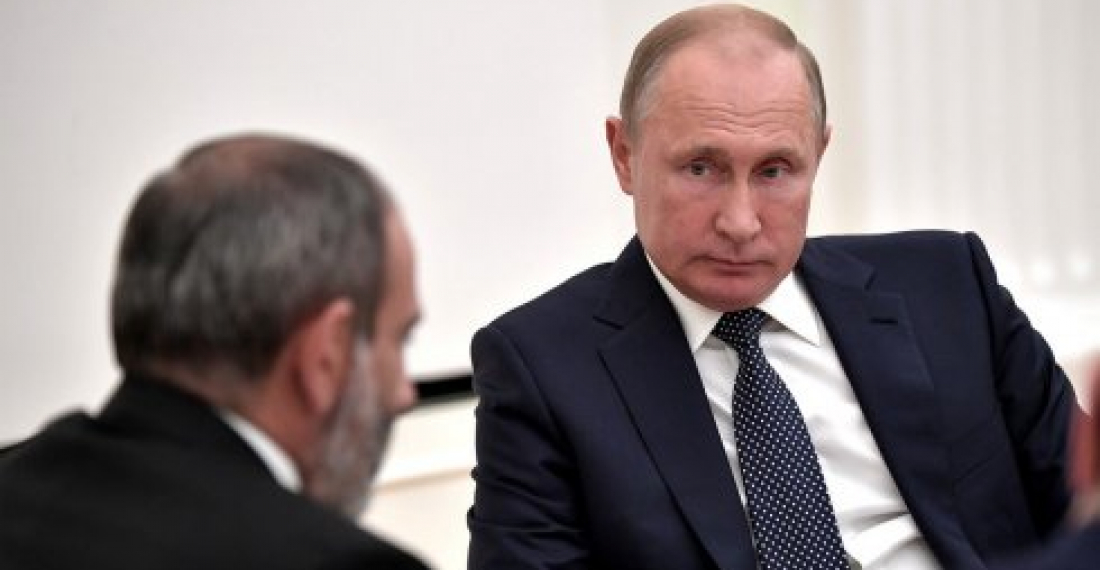The conflict between Armenians and Azerbaijanis in the South Caucasus has now entered its fifth week. Despite three attempts at a ceasefire, fighting rages on. In Russia such a conflict has always been seen as a nightmare scenario - a time when the Kremlin has to chose between who to support between two neighbouring countries with who Russia has strong, even if asymetrical relations. Russia's failure to broker a cease fire has also raised questions about Russian abilities, and intentions.
The Russian newspaper, Vedomosti this morning reflected on the quandry facing the Russian leadership. The news paper wrote:
On October 31, Armenian Prime Minister Nikol Pashinyan requested urgent consultations with Russia due to the Nagorno-Karabakh hostilities approaching the Armenian border, Vedomosti informs. In his address to Russian President Vladimir Putin, Pashinyan said that Armenia wants to discuss "the type and quantity of aid" that Moscow can provide to Armenia in order to ensure its security. The Armenian leader justified his request citing the 1997 bilateral Treaty of Friendship, Cooperation and Mutual Assistance.
Putin has not reacted publicly to Pashinyan's request so far, and Kremlin Spokesman Dmitry Peskov did not respond to Vedomosti's request for a comment. The Russian Foreign Ministry stressed in a statement that Moscow adheres to its obligations under the deal, however, Russia will only provide "all necessary assistance to Yerevan if fighting spills over into the territory of Armenia."
Russian International Affairs Council (RIAC) Director General Andrey Kortunov told Vedomosti that Pashinyan needs to tie Russia and Armenia closer together in an attempt to involve it in the conflict with Azerbaijan. He noted that Moscow would resist this while it can. If Russia is brought into this conflict, there will be a two-on-two standoff: Armenia supported by Russia and Azerbaijan backed by Turkey. Strangely enough, both Armenia and Turkey are pushing Russia towards this scheme, the political commentator pointed out. "This position is not very comfortable for us. We want to be above the fray. Otherwise, firstly, we lose Azerbaijan and secondly, we get Pashinyan's Armenia, which is not very stable."
According to Kortunov, Moscow and Yerevan will discuss what can be considered a threat to Armenia's security during the upcoming consultations. Azerbaijan will act as carefully as possible, taking into account Russia's obligations to Armenia. Moscow may interfere only if something extraordinary happens, like Turkey's direct involvement or an advance towards Yerevan, the analyst said. "This seem unlikely. But anything can happen in a war," he concluded.
source: commonspace.eu with Vedomosti (Moscow)
photo: President Putin of Russia with the Armenian leader, Nikol Pashinyan (archive picture)







